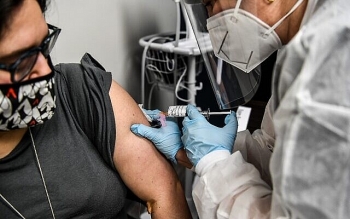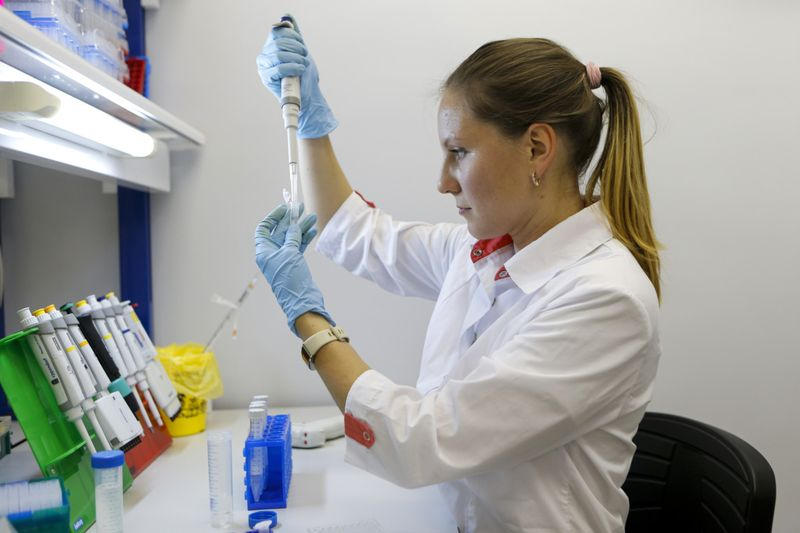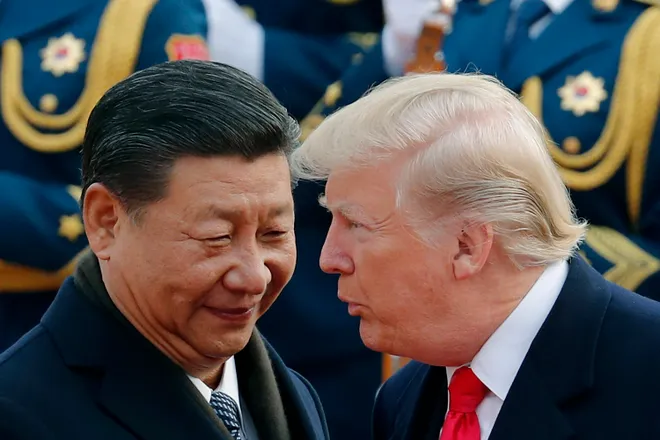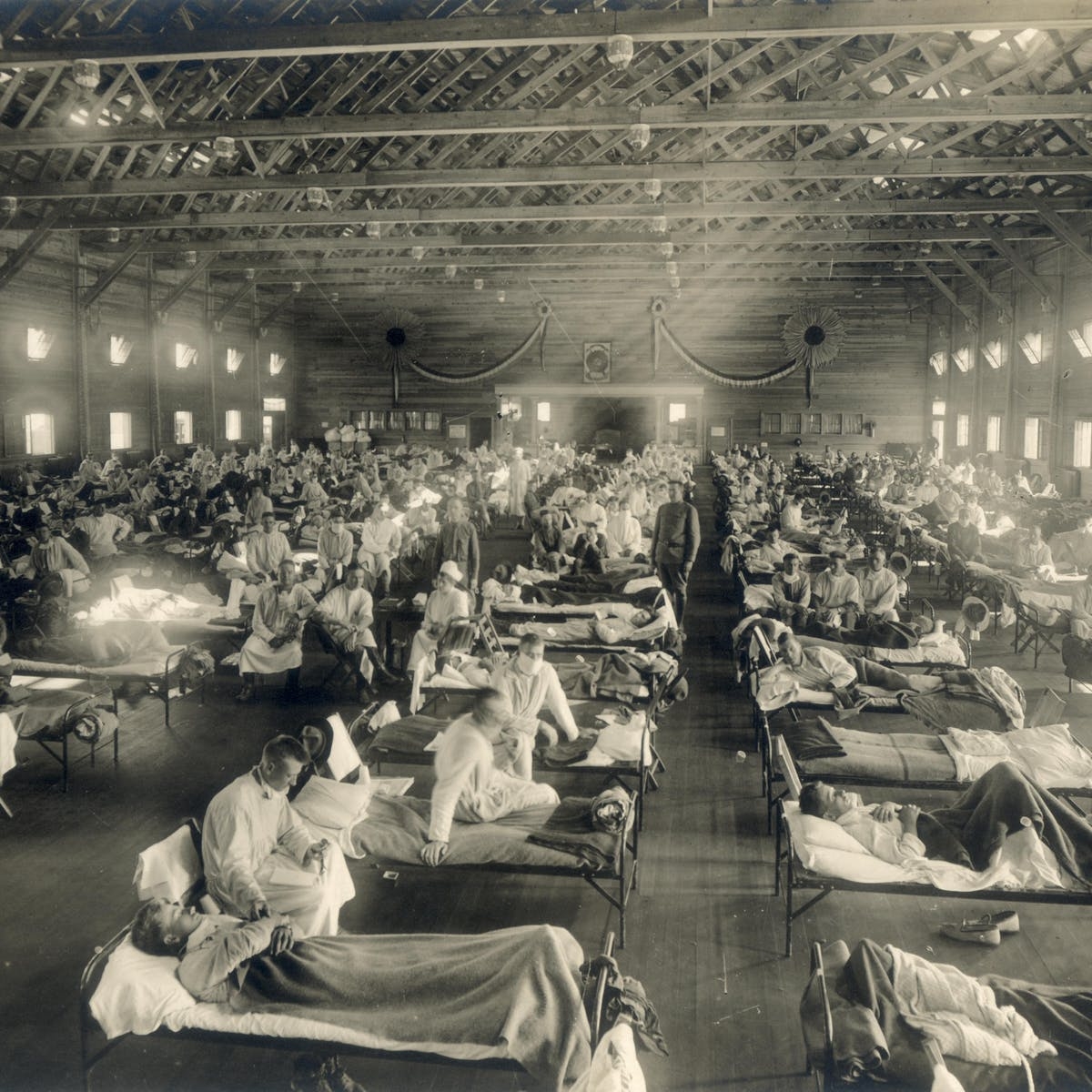WHO hopes to end Covid-19 pandemic in 'less than two years'
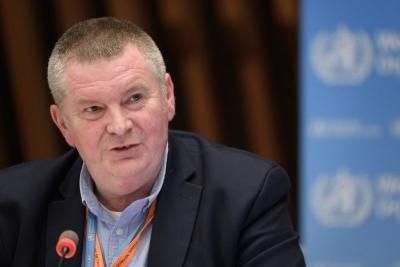 |
| WHO emergencies chief Michael Ryan. Photo: AFP |
The World Health Organization (WHO) said on Friday (August 21) that it hopes the Covid-19 pandemic will last less than the Spanish flu pandemic of 1918, which in two years killed tens of millions of people, reported AFP.
WHO chief Tedros Adhanom Ghebreyesus said at a press conference that this goal would be possible if the "we can unite our efforts" and make the most of the available tools, among them vaccines.
The famous "Spanish flu" killed 50 million people from 1918 to 1920 when malnutrition and tuberculosis made the population all the more fragile.
Unlike the new coronavirus, the Spanish flu had particularly hit the youngest.
"In our current situation, the virus is more likely to spread. It can move quickly because we are more connected now," Ghebreyesus said.
"So we have a disadvantage linked to globalization. But we have the advantage of having better technologies," he said. "And we know how to stop it."
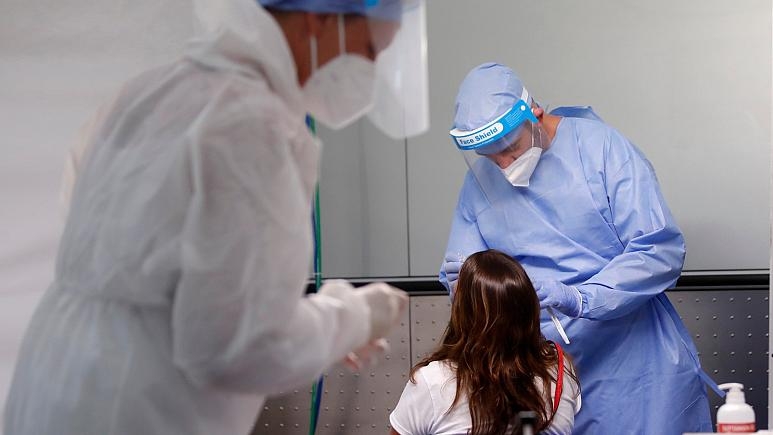 |
| Medical workers wearing protective gear is collecting swabs from a woman. Photo: AP/Antonio Calanni |
New recommendation for children above twelve
On Friday, WHO also released new recommendations among them one for children aged twelve and above. According to WHO, they should wear protective face masks under the same conditions as adults to fight the pandemic.
This should especially the case "when they cannot guarantee a distance of at least one meter from others and whether the transmission is generalized in the area concerned ".
Children aged five and younger should not be required to wear a mask. "This recommendation is based on the safety and overall interest of the child, and on his ability to use a mask correctly with minimal assistance," said WHO.
As for six to eleven-year-olds, WHO recommends that the decision to use a mask be based on a series of factors, including the level of transmission of the virus in the area where the child lives and their ability to use a mask correctly and safely.
Access to masks, as well as the possibility of washing or replacing them in certain settings such as schools, adequate adult supervision and instructions given to the child on how to wear them, should also be considered.
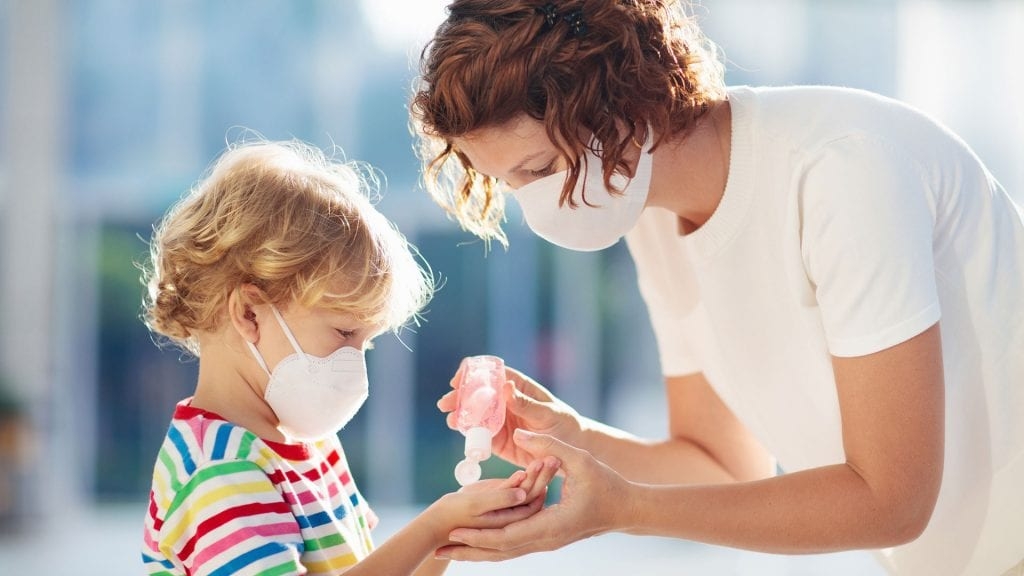 |
| Children should wear protective face masks under the same conditions as adults to fight the pandemic. Photo: iStock/FamVeld |
"Corruption related to PPE is, for me, actually murder"
Ghebreyesus also made a statement with regards to possible corruption cases in the areas of personal protective equipment (PPE), necessary for the fight against the pandemic.
"Corruption related to PPE is, for me, actually murder," he said when asked about a case in South Africa. "If healthcare workers work without PPE their lives are in danger. And that also endangers the lives of the people they care for. So it's criminal, and it's murder".
| The 1918 influenza pandemic was the most severe pandemic in recent history. It was caused by an H1N1 virus with genes of avian origin. Although there is not universal consensus regarding where the virus originated, it spread worldwide during 1918-1919. In the United States, it was first identified in military personnel in spring 1918. It is estimated that about 500 million people or one-third of the world’s population became infected with this virus. The number of deaths was estimated to be at least 50 million worldwide with about 675,000 occurring in the United States. Mortality was high in people younger than 5 years old, 20-40 years old, and 65 years and older. The high mortality in healthy people, including those in the 20-40 year age group, was a unique feature of this pandemic. While the 1918 H1N1 virus has been synthesized and evaluated, the properties that made it so devastating are not well understood. With no vaccine to protect against influenza infection and no antibiotics to treat secondary bacterial infections that can be associated with influenza infections, control efforts worldwide were limited to non-pharmaceutical interventions such as isolation, quarantine, good personal hygiene, use of disinfectants, and limitations of public gatherings, which were applied unevenly. (Source: CDC.gov)
|
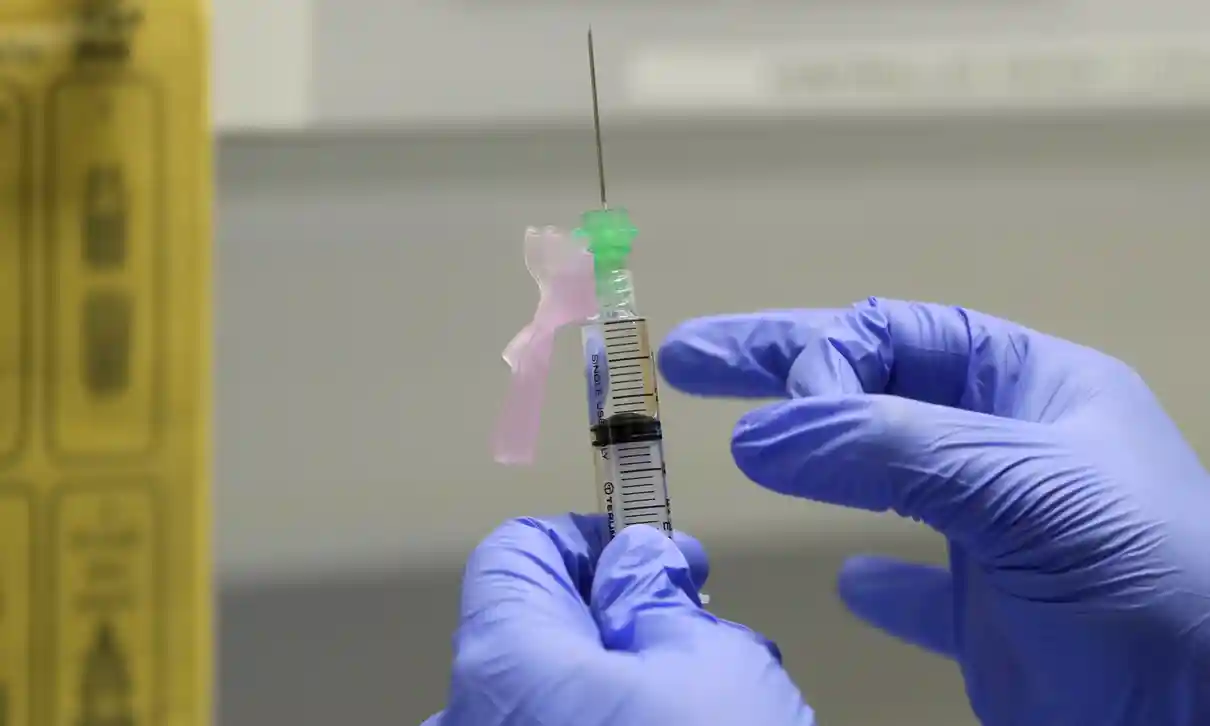 | WHO warned the risk of "vaccine nationalism" The World Health Organization has opposed to “vaccine nationalism”, warning the status quo of rich countries to grab the treatments by themselves. |
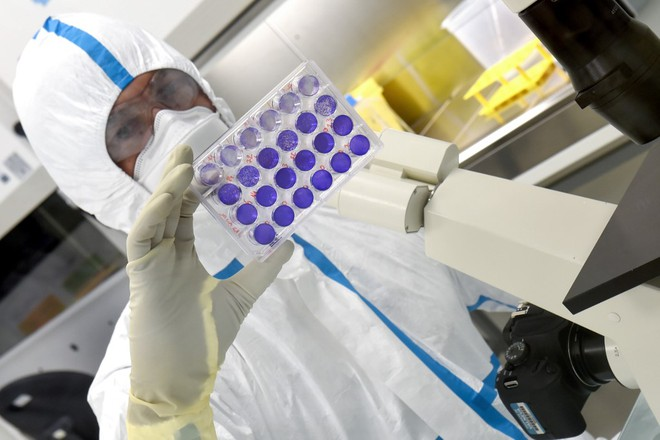 | Coronavirus crisis: WHO warns of no perfect vaccine helping stop the Covid-19 Given the Covid-19 vaccine-related warning, WHO calls for enhanced precautions such as masks, social spacing, handwashing and testing to prevent the Covid-19 spreading. |
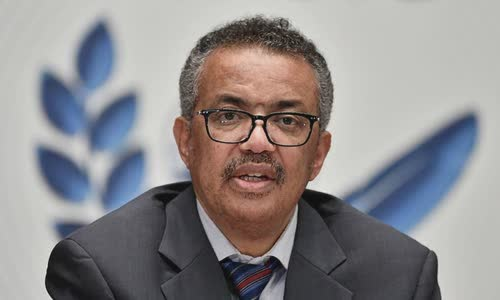 | Covid-19 origin: WHO completed a preliminary investigation of the killer virus An expert group at the fourth meeting of the Covid-19 emergency committee convened by WHO on July 31 urged the organization to speed up its ... |
Recommended
 World
World
Pakistan NCRC report explores emerging child rights issues
 World
World
"India has right to defend herself against terror," says German Foreign Minister, endorses Op Sindoor
 World
World
‘We stand with India’: Japan, UAE back New Delhi over its global outreach against terror
 World
World
'Action Was Entirely Justifiable': Former US NSA John Bolton Backs India's Right After Pahalgam Attack
 World
World
US, China Conclude Trade Talks with Positive Outcome
 World
World
Nifty, Sensex jumped more than 2% in opening as India-Pakistan tensions ease
 World
World
Easing of US-China Tariffs: Markets React Positively, Experts Remain Cautious
 World
World

